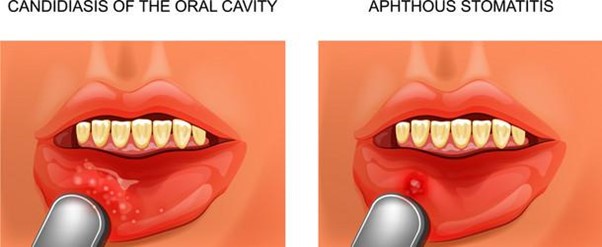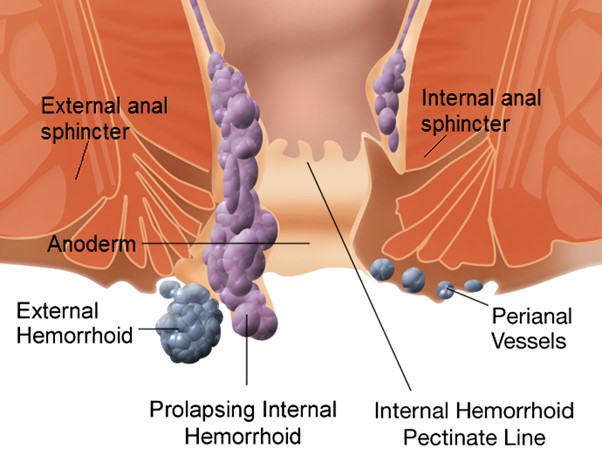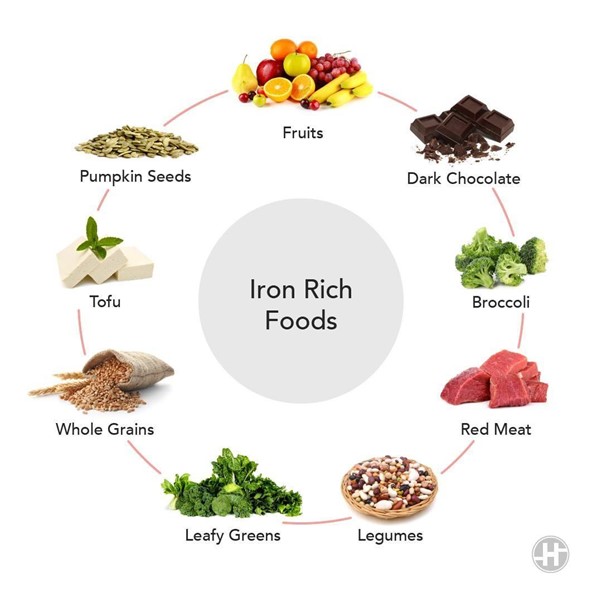A client who is receiving antineoplastic chemotherapy has lost 25% of total body weight and is having difficulty eating because of stomatitis. In planning care for this client which diet should the nurse recommend?
Low residue diet.
Mechanical soft diet.
Pureed regular diet.
High protein soft diet.
The Correct Answer is C
Choice A
Low residue diet is incorrect. A low residue diet is typically recommended for individuals with gastrointestinal conditions like inflammatory bowel disease or diverticulitis. This diet limits high-fibre foods to reduce bowel movements and ease digestive stress. However, it might not be the best option for a client with stomatitis who is struggling to eat due to mouth pain.
Choice B
Mechanical soft diet is incorrect. A mechanical soft diet includes foods that are soft and easy to chew, but they aren't necessarily pureed. While this diet might be more comfortable to eat for some individuals, a client with severe stomatitis might still experience pain while chewing. A pureed diet is a step further in terms of texture modification and can be better tolerated by someone with significant mouth pain.
Choice C
Pureed regular diet is correct. Stomatitis is inflammation of the mouth and can cause pain and discomfort, making it difficult for the client to eat. In this case, a pureed regular diet would be the most suitable choice.
Choice D
High protein soft diet is incorrect. While a high protein diet is important for recovery, healing, and maintaining muscle mass, the texture of the diet is equally important for someone with stomatitis. A high protein soft diet might still involve foods that are challenging to eat due to mouth pain, and therefore, a pureed diet would be a better option in this case.

Nursing Test Bank
Naxlex Comprehensive Predictor Exams
Related Questions
Correct Answer is B
Explanation
Choice A
Explain the benefits of a high fibre diet is not correct response. While a high fibre diet can indeed be beneficial for individuals with haemorrhoids by promoting regular bowel movements and reducing strain during defecation, the immediate concern here is addressing the client's understanding about avoiding nuts and seeds. This information could be provided as a follow-up after confirming the client's understanding in response to option B.
Choice B
Confirm that these foods should be avoided is the correct response. In this situation, the nurse's first response should be to confirm the client's understanding and provide accurate information about the need to avoid certain foods. Nuts and seeds can be challenging to digest and may lead to irritation and inflammation in individuals with haemorrhoids. Confirming the client's understanding and providing guidance aligns with the nurse's role in patient education and care.
Choice C
Encourage soft foods such as yogurt is not the correct response. Encouraging soft foods like yogurt is a reasonable suggestion for someone with haemorrhoids, as soft foods are generally easier to digest and less likely to cause irritation. However, the client's statement was specifically about avoiding nuts and seeds. While this choice might be relevant, it doesn't directly address the client's statement.
Choice D
Suggest that the client also avoid fruit skins is not the correct response. This option is not directly related to the client's concern about nuts and seeds. Fruit skins generally contain dietary fibre, which can be beneficial for maintaining regular bowel movements. While some individuals might find that certain fruits with tough skins could exacerbate their haemorrhoid symptoms, this advice might be better suited for a separate discussion about dietary choices rather than as a direct response to the client's statement.

Correct Answer is A
Explanation
Choice A
Broccoli is appropriate recommendation. Given the client's history of iron deficiency anaemia and the current haemoglobin level below the reference range, it's important to recommend foods that are good sources of iron. Among the options provided, broccoli is the most suitable choice. Iron from plant-based sources (non-heme iron) might be less easily absorbed than iron from animal sources (heme iron), but combining them with foods high in vitamin C can enhance iron absorption. Broccoli is a vegetable that contains both iron and vitamin C, making it a favourable choice to support the client's iron intake and help address the anaemia.
Choice B
Carrots are inappropriate. While carrots are a nutritious vegetable, they are not particularly high in iron.
Choice C
Cheddar cheese is inappropriate. Dairy products like cheddar cheese are not significant sources of iron.
Choice D
Whole milk is inappropriate. Whole milk is not a significant source of iron either. Additionally, calcium in milk might hinder iron absorption if consumed together.

Whether you are a student looking to ace your exams or a practicing nurse seeking to enhance your expertise , our nursing education contents will empower you with the confidence and competence to make a difference in the lives of patients and become a respected leader in the healthcare field.
Visit Naxlex, invest in your future and unlock endless possibilities with our unparalleled nursing education contents today
Report Wrong Answer on the Current Question
Do you disagree with the answer? If yes, what is your expected answer? Explain.
Kindly be descriptive with the issue you are facing.
